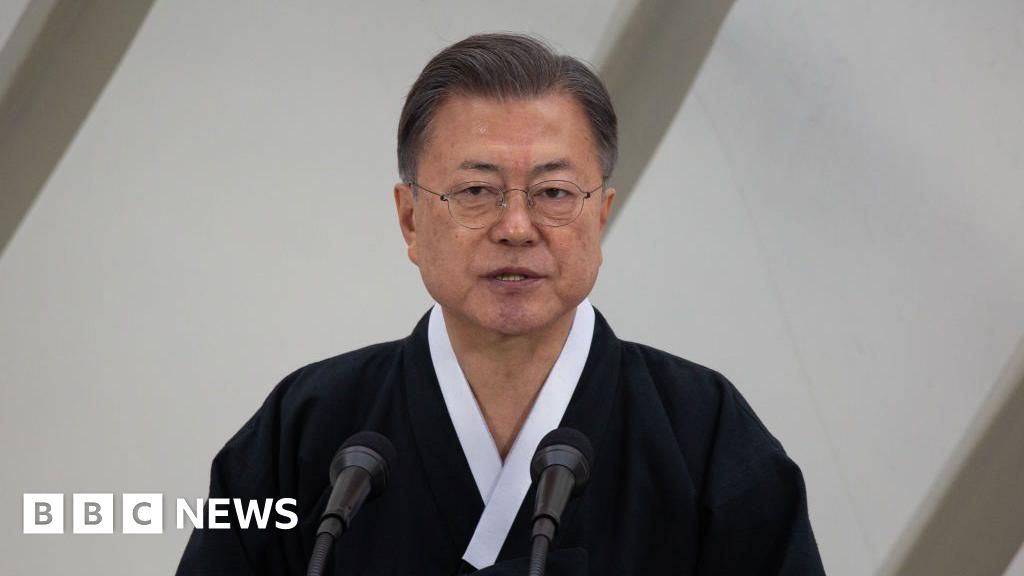Over recent decades, humanity has witnessed a remarkable and continuous increase in lifespan. However, this advancement has been accompanied by a growing aging population, increasingly affected by age-related diseases such as cancer, neurodegeneration, and diabetes. To extend not only lifespan but also healthspan, a deeper understanding of the biological mechanisms that support healthy aging is essential.
In nature, mammalian lifespans vary dramatically, from 1–2 years in some rodents to over a century in whales and humans, representing a 100-fold difference. This extraordinary diversity raises a fundamental question: what enables long-lived mammals to maintain health into old age?
In a new study published in Nature Communications, researchers from Bar-Ilan University address this question by harnessing the most extensive and long-term experiment of all: evolution.
The research was led by Prof. Haim Cohen, Director of the Sagol Healthy Human Longevity Center at Bar-Ilan University’s Goodman Faculty of Life Sciences in collaboration with Dr. Sagi Snir of the University of Haifa. Sarit Feldman-Trabelsi, a Ph.D. student in Prof. Cohen’s lab developed a novel computational tool called PHARAOH (Positive posttranslational Modifications Regulator of Healthspan).
Using advanced statistical methods, PHARAOH compared protein sequences across 107 mammalian species with varying lifespans. This approach enabled the researchers to trace specific protein changes, particularly posttranslational modifications (PTMs) such as acetylation, throughout evolution and identify those consistently enriched in long-lived species.
PTMs regulate essential cellular processes and have been linked to increased resilience against age-related diseases, including cancer. By comparing long-lived and short-lived mammals, the team uncovered consistent protein modifications associated with extended lifespan. Experimental validation confirmed that the PTMs identified by PHARAOH play significant biological roles in aging and disease resistance.
“Our findings offer a promising path toward understanding how protein modifications can protect against age-related diseases and promote longer, healthier lives,” said Prof. Cohen. “By pinpointing the PTMs linked to longevity, we can begin exploring therapeutic strategies that mimic these natural, evolutionarily conserved mechanisms.”
One striking insight from the study is how large mammals such as whales exhibit dramatically lower cancer rates despite having significantly more cells than smaller animals. The research revealed that certain PTMs found in these species likely serve protective roles against cancer, shedding light on molecular strategies for disease resistance and longevity.
These findings pave the way for future research into therapies that target proteins and modifications associated with healthy aging. By leveraging nature’s own longevity strategies, the researchers aim to uncover new methods to slow aging and combat diseases such as cancer, Alzheimer’s, and diabetes.
More information:
S. Feldman-Trabelsi et al, The mammalian longevity associated acetylome, Nature Communications (2025). DOI: 10.1038/s41467-025-58762-x
Citation:
Evolutionary analysis uncovers protein changes that protect mammals from aging and disease (2025, April 23)
retrieved 24 April 2025
from
This document is subject to copyright. Apart from any fair dealing for the purpose of private study or research, no
part may be reproduced without the written permission. The content is provided for information purposes only.


















